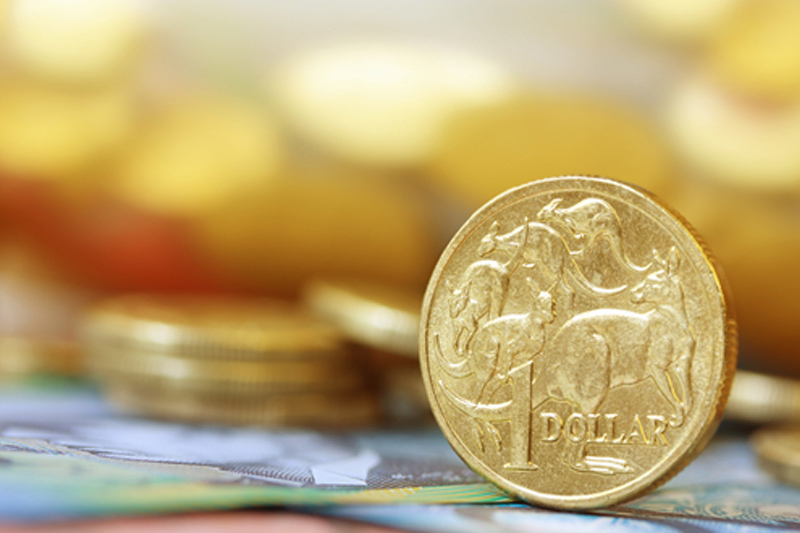By Cecile Lefort and Gyles Beckford
SYDNEY/WELLINGTON, Aug 12 (Reuters) - The Australian and New Zealand dollars dropped to six-year lows on Wednesday after China allowed its yuan to fall further following a shock devaluation in the prior session.
The Australian dollar crumbled as far as $0.7217, its lowest since 2009, after stops below $0.7225 were triggered. It recouped some losses to $0.7250, but was still 0.7 percent down for the day.
The market has shaved two cents off the Aussie in the past 24 hours as the yuan devaluation fanned concerns about the health of the Asian giant's economy, sending shockwaves through equities, commodities and currencies.
"This shows there is a great deal of nervousness across all markets and if Asian currencies are getting crunched and commodities are under renewed pressure, it is difficult for the Aussie to resist," said Sean Callow, a senior currency strategist at Westpac.
Investors often use the Aussie as a liquid proxy to hedge against weakness, or wager on strength, in China.
Key support was found around $0.7204 and $0.7185, two major retracement levels.
Westpac's Callow said should the Aussie end the day under 72 cents, he may revise to the downside the bank's forecast of 70 cents by December.
The euro has been a major beneficiary of China's move, in part because investors had built large carry positions borrowing in euros to lend in yuan. The devaluation caught those positions in a vicious short squeeze and lifted the single currency broadly.
The euro leapt to A$1.5281, the year's peak, having exploded five cents higher in just one week. Likewise, it climbed a two-year summit of NZ$1.7051 to be last at NZ$1.6981.
Against its U.S. counterpart, the New Zealand dollar NZD=D4 dropped as far as $0.6468, the lowest since 2009. Investors were pondering whether the Chinese move was a signal of economic weakness or further liberalisation of its capital markets.
"If it's weakness, it's negative for kiwi because of reduced demand for NZ exports ... and if it's the latter it would support Chinese growth and investment and New Zealand is in place to benefit from that," said ANZ senior strategist Sam Tuck. The kiwi was last at $0.6500.
New Zealand government bond yields were as much as 5 basis points lower.
Australian government bond futures rose, with the three-year bond contract up 5 ticks at 98.080. The 10-year contract was up 8 ticks to 97.2700, leading to a bullish flattening of the curve. (Editing by Christopher Cushing)
